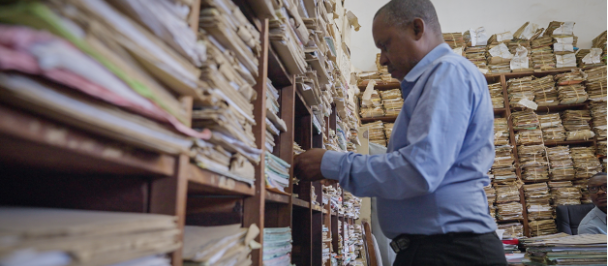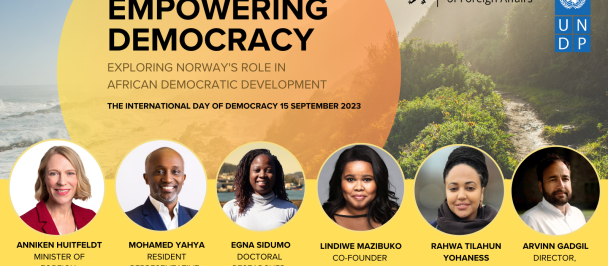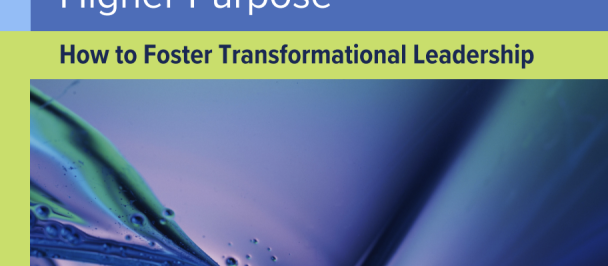--- Image caption ---
Target 16.3 calls on countries to “Promote the rule of law at the national and international levels and ensure equal access to justice for all.” While there is no single definition of access to justice, it is broadly concerned with “the ability of people to defend and enforce their rights and obtain just resolution of justiciable problems in compliance with human rights standards; if necessary, through impartial formal or informal institutions of justice and with appropriate legal support.”1 The two global indicators for target 16.3 that were adopted by the UN General Assembly in July 2017 as part of the SDG Global Indicator Framework both focus exclusively on criminal justice, leaving out the everyday civil justice needs experienced by most of the population, and especially by the poor and groups most at risk of being left behind.2 Access to civil justice is necessary for people to redress their grievances, access their rights and entitlements, and for the realization of the broader sustainable development agenda. Without the inclusion of a measurement on access to civil justice, there remains an important gap in the global monitoring framework for the implementation of the SDGs.
There is a crucial opportunity now to address this gap in the global monitoring framework for the SDGs. The Inter-Agency and Expert Group on SDG Indicators (IAEG-SDGs) is currently conducting a Comprehensive Review of the global indicator framework and will submit proposed refinements, revisions, replacements, additions and deletions to the 51st session of the United Nations Statistical Commission in March 2020 for its consideration. Additional indicators may be considered in exceptional cases when a crucial aspect of a target is not being monitored by the current indicators.
To advance the goal of ensuring equal access to justice for all, this proposed additional indicator for target 16.3 focuses on measuring whether people who have civil legal problems can obtain legal advice, assistance, or representation, and ultimately resolve their problems.

 Locations
Locations




